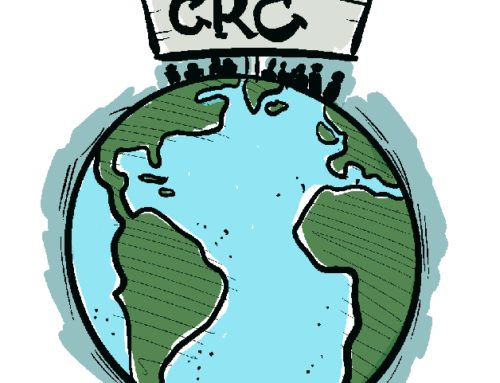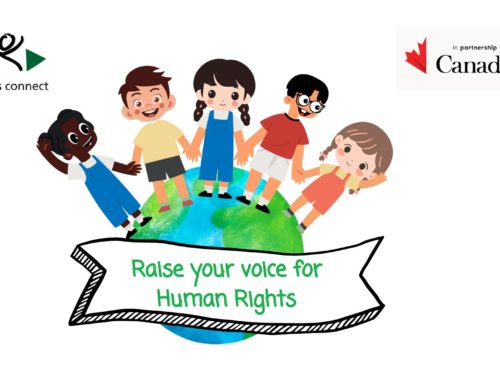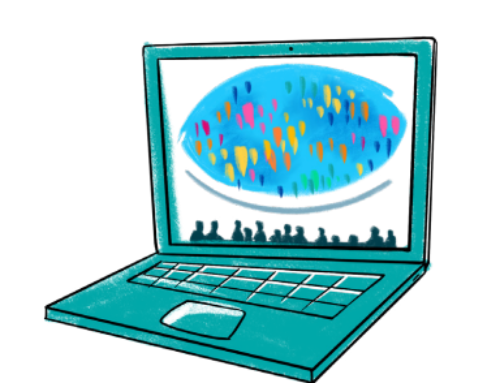On Monday 2nd March 2020, our member Terre des Hommes delivered a statement on behalf of the Child Rights Connect working group on children and the environment during the interactive dialogue with the Special Rapporteur on environment, at the 43rd Human Rights Council session. The statement was delivered to support the efforts of the Special Rapporteur to achieve the recognition of the human right to a safe, clean, healthy and sustainable environment along with his commitment to those who are most vulnerable to environmental damage. The report of the Special Rapporteur focusing on good practices on the recognition of the right to a healthy environment is available here
Please find below the statement:
Oral Statement by Terre des Hommes on behalf of the Child Rights Connect Working Group on Children and the Environment
Children shoulder a disproportionate share of the burden of pollution, climate change and other environmental harm. They are also among the least empowered to exercise their rights to information, free expression and to be heard in relation to environmental matters, as well as to access justice when their rights have been violated.
This state of affairs explains the growth of child and youth-led initiatives to defend the environment everywhere. The young generation has stood up for their right to a healthy environment and safe future, as UNICEF highlighted this week in an address to the Human Rights Council.
States must do much more to protect children from environmental harm and heed the call of Rio Principle 21 to mobilize the “creativity, ideals and courage of the youth in order to forge a global partnership for sustainable development and ensure a better future for all”.
We commend Special Rapporteur David Boyd for his tremendous effort to achieve recognition of the human right to a safe, clean, healthy and sustainable environment along with his commitment to those who are most vulnerable to, or at particular risk from, environmental harm, including through the Global Initiative on Advancing Children’s Right to a Healthy Environment.
The good practices presented in his new report, if applied widely, can represent a major step towards ensuring healthy environments for children.
We would like to highlight three good examples in particular:
- The UN Convention on the Rights of the Child: No other global human rights instrument addresses the environment more explicitly and comprehensively than the UNCRC. The UNCRC enjoys near universal ratification, with treaty obligations for 196 States parties. The Convention has a huge potential to inform policies on the environment and sustainable development.
- The Human Rights Council resolution 40/11 calls on States to provide a safe and enabling environment for initiatives by youth and children environmental human rights defenders. We would like to see this call implemented.
- The Intergovernmental Declaration on Children, Youth, and Climate: Presented at COP 25 in Madrid, signatory States have committed to recognise and fulfil children’s inalienable right to a healthy environment, and a number of concrete measures with respect to environmental policies and action We call on every UN member state to sign the declaration and work towards its full implementation.
Dear Mr. Boyd, we support the call for a global recognition of the right to a healthy and sustainable environment emphatically. You have defined the vital elements of the right as a safe and stable climate, clean air, clean water and adequate sanitation, healthy and sustainably produced food, non-toxic environments in which to live, work, study and play, and healthy biodiversity and ecosystems. It is beyond debate that children are wholly dependent on these aspects to lead dignified, healthy and fulfilling lives.
List of signatories:
1. Terre des Hommes
2. Child Rights Connect
3. Project Dryad
4. Plan International
5. Save the children International
6. Child Rights Coalition Asia
7. Humanium










Leave A Comment